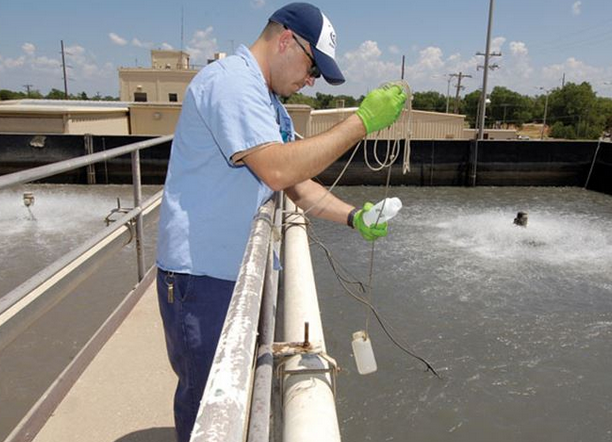 Accumulating wastewater is just part of doing business if you work in an industrial field. It is also quite common for dairy farms, food processing factories, and breweries. To ensure the integrity of the property, the business, and the environment, such companies turn to industrial wastewater treatment solutions. A range of options are available for cleaning wastewater.
Accumulating wastewater is just part of doing business if you work in an industrial field. It is also quite common for dairy farms, food processing factories, and breweries. To ensure the integrity of the property, the business, and the environment, such companies turn to industrial wastewater treatment solutions. A range of options are available for cleaning wastewater.
1. Ultrafiltration Systems
Ultrafiltration systems can reduce oily water by as much as 98% without having to add chemicals. The pressure-driven system includes a membrane that removes a variety of contents, including emulsified oils, suspended solids, and other dispersed material. UF systems can also remove small fines during the tumbling and deburring processes. This allows for the recycling and reuse of the water and soap solution. UF membrane technology can save a business up to 90% in waste disposal costs and 75% on water and detergent.
2. Reverse Osmosis Systems
Businesses that want to remove the water but leave impurities and dissolved solids behind can use reverse osmosis technology. For an RO system to work, it must have access to high-pressure water and greater-than-osmotic pressure. When an RO system is designed correctly, it removes as much as 99.5% of the incoming impurities. RO technology is most commonly used in metalworking and industrial industries.
3. Solid Bowl Centrifuges
A solid bowl centrifuge separates solids and liquids using metal process applications that work toward goals of recycle and reuse. First, the system either gravity-feeds or pumps the process liquid into its inlet. Next, the machine removes process solids from the liquid and stores it in a removable rotor. Finally, the clarified liquid flows into the outer case where gravity returns it to the process. Centrifuge systems can remove both ferrous and nonferrous, metallic and nonmetallic particles. They are available as fully automated, self-cleaning systems or as rotor styles that require manual cleaning.
If you own a business that generates wastewater, you cannot clear it yourself. Regulations require you to hire professionals. Seek out a licensed, insured business with an excellent reputation to help you treat, recycle, and reuse your water.
